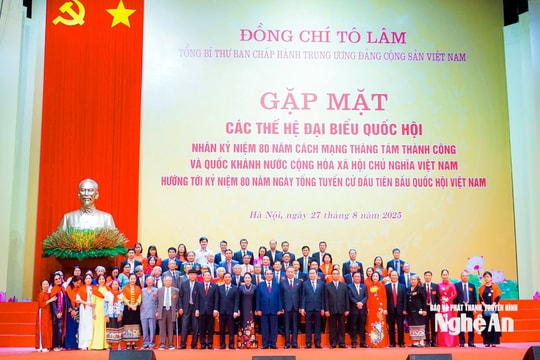Comments on the draft law: Emphasizing the responsibility of whistleblowers
(Baonghean.vn) - Participating in the group discussion, delegate Nguyen Dac Vinh said that the whistleblower must take full responsibility as a citizen for his or her denunciation.
On the morning of November 8, comrade Nguyen Dac Vinh - Member of the Party Central Committee, Secretary of the Provincial Party Committee, Head of the National Assembly Delegation of Nghe An province chaired the discussion at group 18 (including delegations from the provinces: Nghe An, Bac Ninh, Tra Vinh) on the Law on Denunciation (amended).
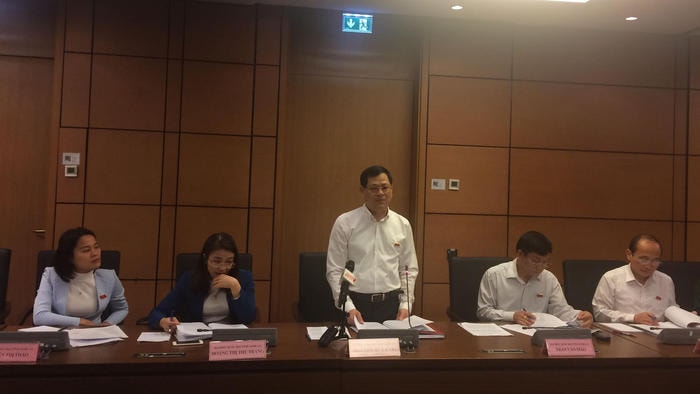 |
| Delegate Nguyen Huu Cau speaks at discussion group number 3, November 8. Photo: PV |
Delegate Nguyen Dac Vinh said that denunciation should have two forms as stipulated in Article 22 and Article 23 of the draft Law. The other form is to receive information,Still receiving but processing from the information perspective for inspection and examination to serve management work.
However, these things were done in the same order before, but now that it has been legalized, it will certainly require more attention. If it is done in the order of denunciation, it will cause a lot of difficulties for the agency handling the denunciation. Not to mention that many people intentionally provide many forms of information, and if the sender of the information does not process it for them, it will violate the law.
Regarding the withdrawal of denunciations, delegate Nguyen Dac Vinh also stated clearly: the denouncer must take full responsibility as a citizen for his denunciation, and when the denouncer realizes that his denunciation is incorrect or unnecessary, then the denouncer withdraws the denunciation, which is only the act of a citizen. Any action, such as denouncing or withdrawing the denunciation, that has a motive or element that violates the law, must be held responsible before the law, including the person involved. Therefore, there is no need to adjust this content in the Law.
Participating in giving comments on Article 33, Clauses 3 and 4 regulating “decisions on temporary suspension and suspension”, delegate Nguyen Huu Cau - Director of Nghe An Public Security suggested that the Drafting Committee should add 1 more article or have strict regulations on the regulations on resuming the settlement of denunciations. Because, when a decision on temporary suspension or suspension has been issued by a decision of a competent authority, when resuming the whole process, there must be a regulation on resumption.
If there is no decision to restore, then when the 60-day statute of limitations expires and the work continues, there is no legal basis. According to delegate Nguyen Huu Cau, in Article 33, Clause 1, there is a provision that "needs to wait for the results of additional appraisal or re-appraisal", such a provision is lacking.
Delegate Nguyen Huu Cau said that there are three types of appraisals: One is the first appraisal; Two is the supplementary appraisal; Three is the re-appraisal. The first appraisal is also often overdue, when the first appraisal has to wait, but we still resolve this, it is a waste of time. Therefore, we have to wait for the appraisal results, including the first appraisal and the supplementary appraisal, to have a basis to temporarily suspend the settlement of the complaint.
Delegate Hoang Thi Thu Trang - Director of Nghe An Judgment Enforcement Department said that Clause 2, Article 25 on applying measures to prevent acts, stipulates that in case the denounced act causes damage or threatens to cause damage, the agency handling the denunciation must apply necessary measures according to its authority or immediately notify the police agency or other agency or organization responsible for preventing the violation.
In reality, there are cases where this preventive measure is applied correctly and does not cause any consequences, then it is okay. But there are cases where this preventive measure is applied incorrectly and causes consequences for the accused while we have not yet confirmed whether the accused act is right or wrong. So in this case, who is responsible for compensation for the implementation of this preventive measure? Therefore, it is recommended to clearly stipulate this.
PV-CTV

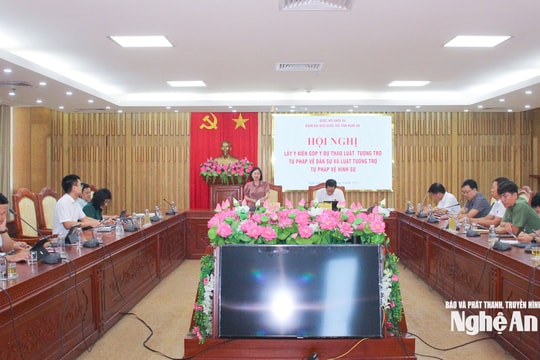
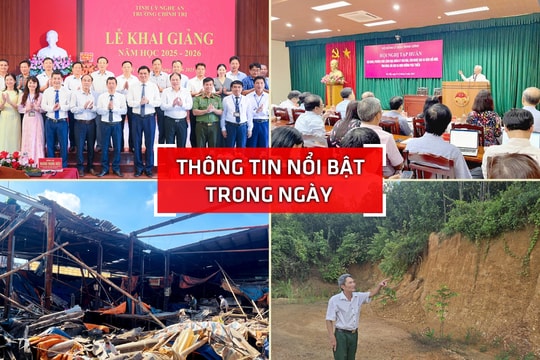
.jpg)
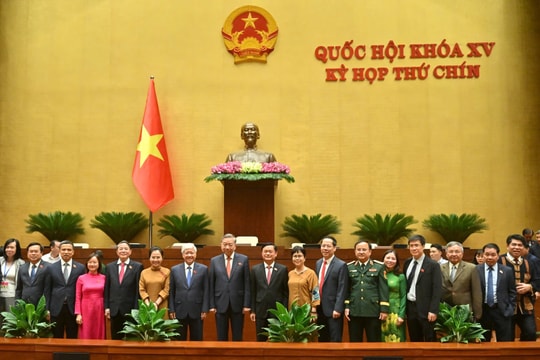
.jpg)

